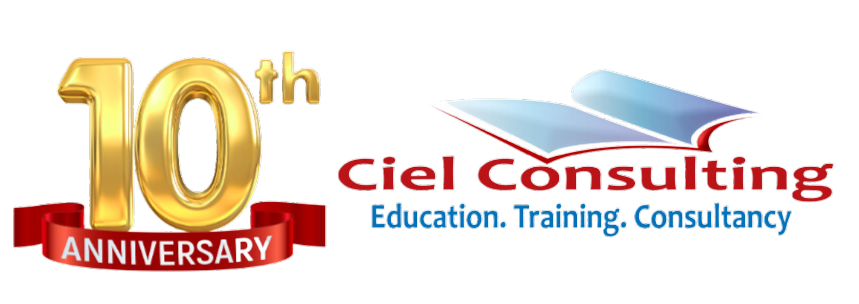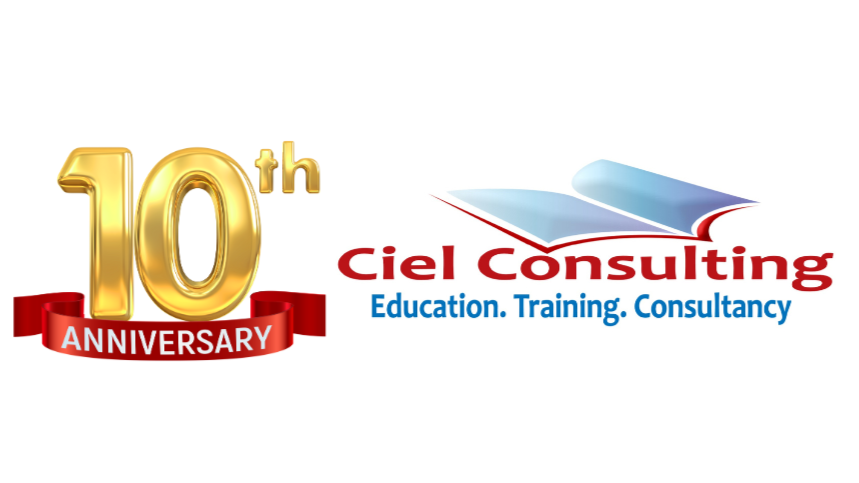Steps on How to Grow in Your Career
Self Assessment
Trying to find a career without being self-aware is like trying to run a race not knowing where the finish line is. How can you know which career path is going to be most satisfying, if you don't even know what you're all about? You can't. That's why self-assessment (sometimes referred to as a career assessment) is such an important part of the career planning process. During the self-assessment process, you'll use tools designed to help you learn more about your interests, values, personality, aptitudes, skill sets, developmental needs, and preferred work environments, so you can make an informed career decision. By the end of the self-assessment process, you'll have identified various occupations that are a good fit for you.
Career Exploration
Based on the results of your self-assessment, you should now have a list of occupations that appear to be a good match with your values, interests and skill set. Next, you'll want to narrow this list down to about ten occupations. Go through the list and eliminate those careers that you know you're not interested in. For example, even though you'd make a great police officer, and the career is a good match with your values, interests, and skill set, you know you don't want to work in a job that requires you to carry and shoot a gun. In addition to researching individual occupations, you'll also want to research industries that you'd like to work in. Other very effective ways to explore careers (and which we highly recommend) include engaging industry professionals, job shadowing, job temping, internships, and volunteering.
Career Identification
As it's name suggests, the career identification component the career planning process is when you select just one occupation, among the many you've considered. During this step, you'll indentify the occupation that you're most interested in, as well as a few alternatives to fall back on if your first choice doesn't pan out. Now that you know which occupation you're going to pursue, you'll want to prepare to enter your chosen field. Identify all the requirements (e.g. education, costs, etc.) for entering your chosen career field.
Create an Action Plan
The final step in the career planning process is to create an action plan. The action plan is designed to help you reach your goals. It's like a road map that takes you from choosing a career to finding your first job all the way to achieving your long-term career goals. In your action plan, you should identify your short-term and long-term goals, identify education and training requirements for your career, develop a job search strategy, identify potential employers, create a resume, compose cover letters, and prepare for job interviews.
Many people believe the career planning process is only for recent college grads who are trying to land their first job, but that couldn't be farther from the truth. A career planning process is a useful tool you can apply throughout your career as you redefine yourself and your occupational interests, and as your goals evolve.
Through training and development, you acquire all the knowledge and skills needed in their day to day tasks and to pass your certification examination. You can perform at a faster rate and with efficiency thus increasing the overall productivity of your company. You also gain new tactics for overcoming challenges when they face them.

